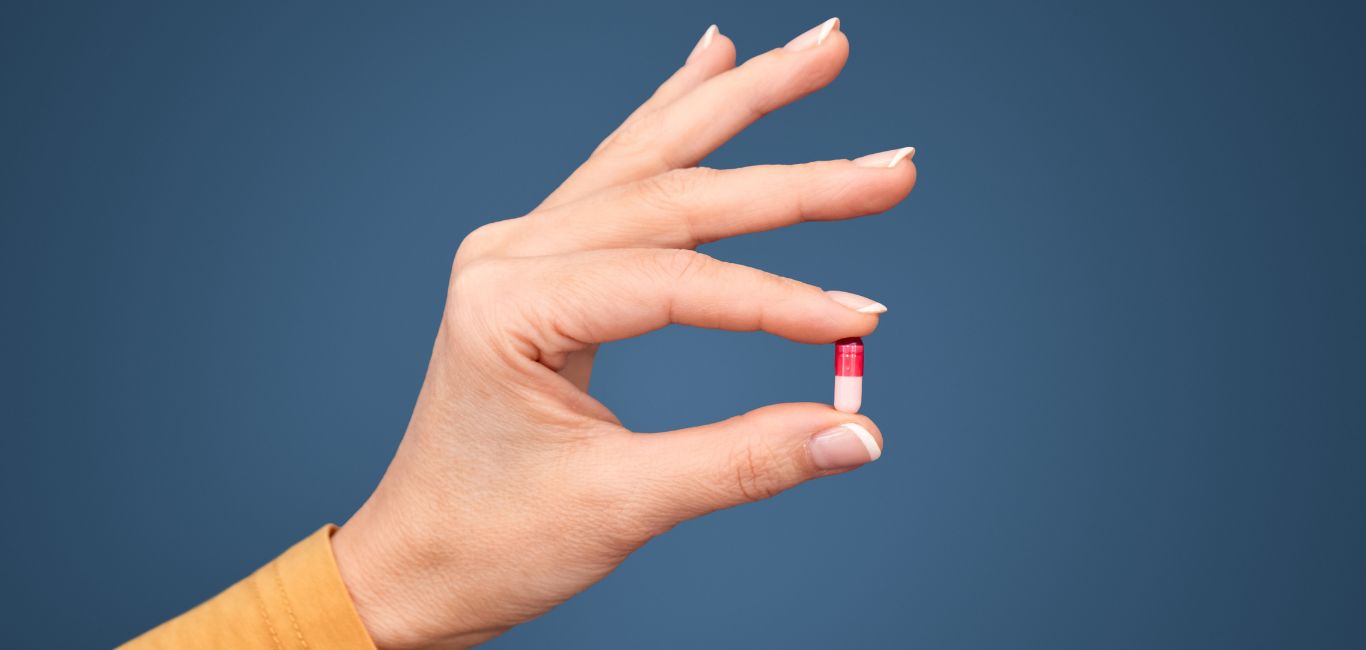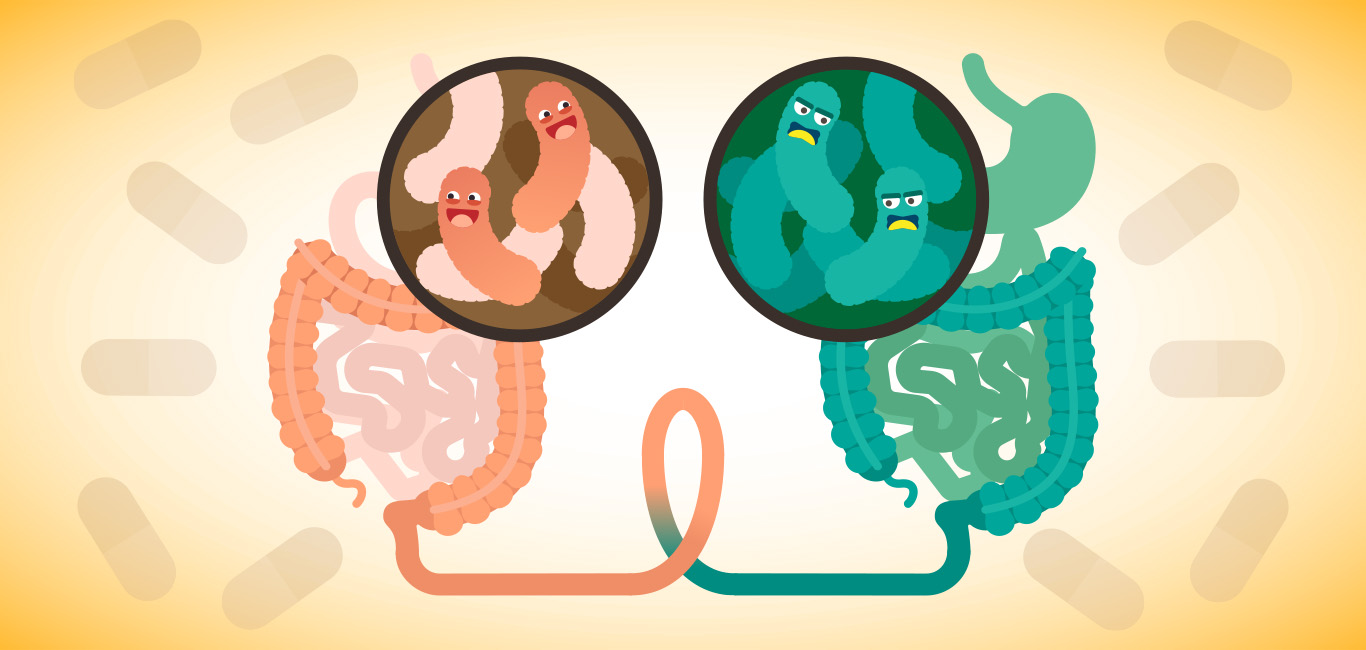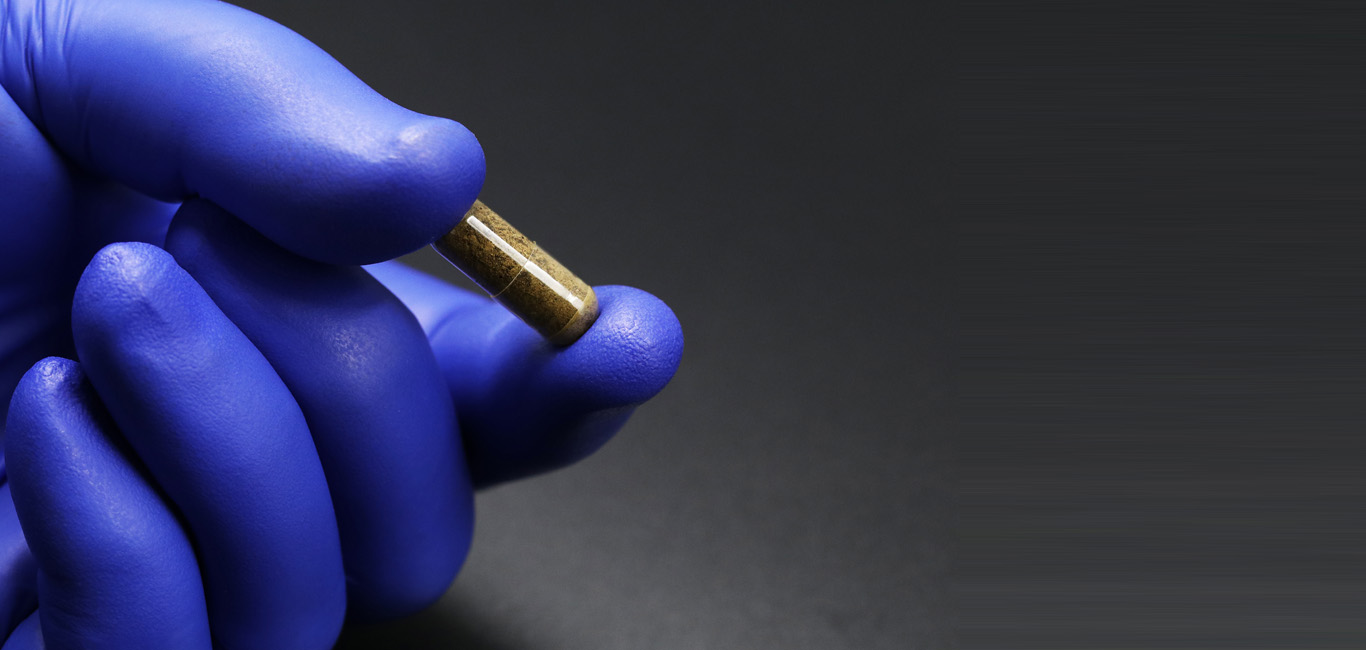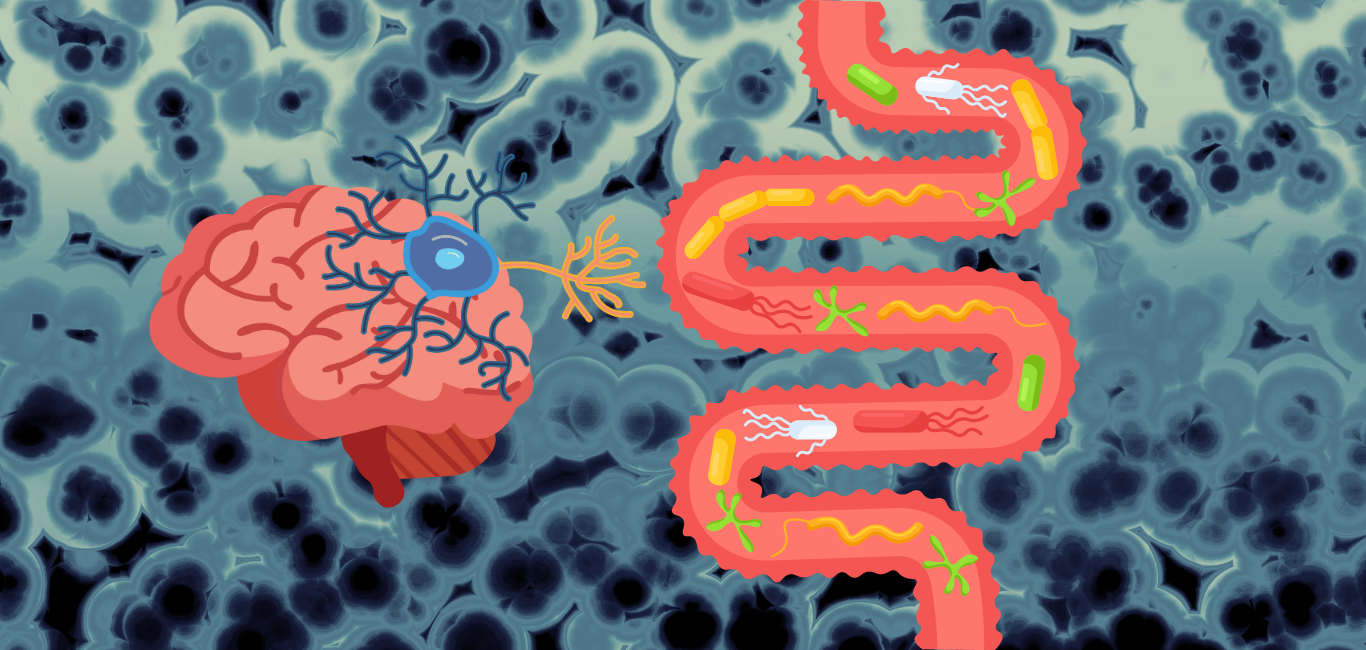
There is growing scientific evidence to show that modulating the gut microbiome could be a powerful therapeutic against several diseases. However, one of the best ways we can do this today is by performing faecal transplants, which are not just messy but also come with their own stigma attached.
In their hunt for a solution, researchers at the University of Pittsburgh have developed a specialised pill that can be used to ‘restore’ the gut microbiome. The nano culture capsules are made from a permeable shell that allow the microbes within to interact with the gut environment while still being encapsulated.
“The reason why we started developing these capsules is because of the challenge of cultivating multiple species of bacteria outside of a laboratory,” Dr Tagbo Niepa, an assistant professor at the University of Pittsburgh told Happiest Health. He added that the technology will help culture microbes in artificial environments made to mimic the gut.
A favourable environment
This is important because a majority of the bacteria in our guts are anaerobic, i.e., they exist in an environment devoid of oxygen. This has made it hard to grow them in a lab and use them in faecal transplants.
Moreover, there are somewhere between 500 to 1,000 bacterial species that live within our gut, which play an important role in health and disease. An imbalance in the microbial populations causes a condition called gut dysbiosis which is associated with many gastrointestinal, neurological and even metabolic disorders.
Faecal microbiota transplantation or FMT has been found to be a perfect solution for restoring this balance. The technique is already approved as a treatment for Clostridium difficile (C.diff) and is being evaluated for inflammatory bowel disease, irritable bowel syndrome, a few neurological disorders such as autism, and even liver disease.
Also read: How faecal transplants can usher in a new era for IBD treatment
Dr Vineet Ahuja, a professor of gastroenterology at the All-India Institute of Medical Sciences (AIIMS) whose lab has performed over 300 FMT transplants, says that 70% of the microbes found in the gut cannot be cultured artificially, which is the key challenge to address.
“The future of FMT lies in being able to place the entire microbiome into capsules. Before you can do this, you need to be able to culture the microbial community in a laboratory setting,” he says.
The researchers behind the new capsule say they want to use it to collect the microbiome from individuals when they are healthy, store it in a bank and then utilise it if they ever fall sick in the future. “We are thinking of making a capsule that’s more personalised. Anyone should be able to use this technology,” Dr Niepa added.
Screening is key
Despite the breakthrough, the team says the technology comes with a host of challenges as well. Key among this is screening for pathogens that can be transmitted through the gut. “The first challenge will be in creating a library of (pathogens) so that their detection becomes easier before introducing the microbes to a person,” he adds.
This is a threat that is all too real. In 2019, an individual participating in a clinical trial for FMT at the Massachusetts General Hospital in Boston, Massachusetts contracted a drug resistant bacterium, eventually leading to their death. This event prompted the FDA to strengthen regulations on donor screenings for all such procedures.
The team is hoping to tune the monoculture capsules to act as filters here, capturing only the good bacteria, and eliminating all the other materials that come along with transplanting faecal matter.
Moreover, recent studies have shown that capsule delivery of faecal microbiota is showing the same efficacy as transplants done via the colonoscopy route. This makes capsule delivery a more convenient form to repopulate the gut with the right bacteria.
“There is no doubt that capsules will be the future of FMT because they are a more aesthetic option,” says Dr Ahuja, adding that he sees the capsule form of FMT being used more commonly within the next two years.

















